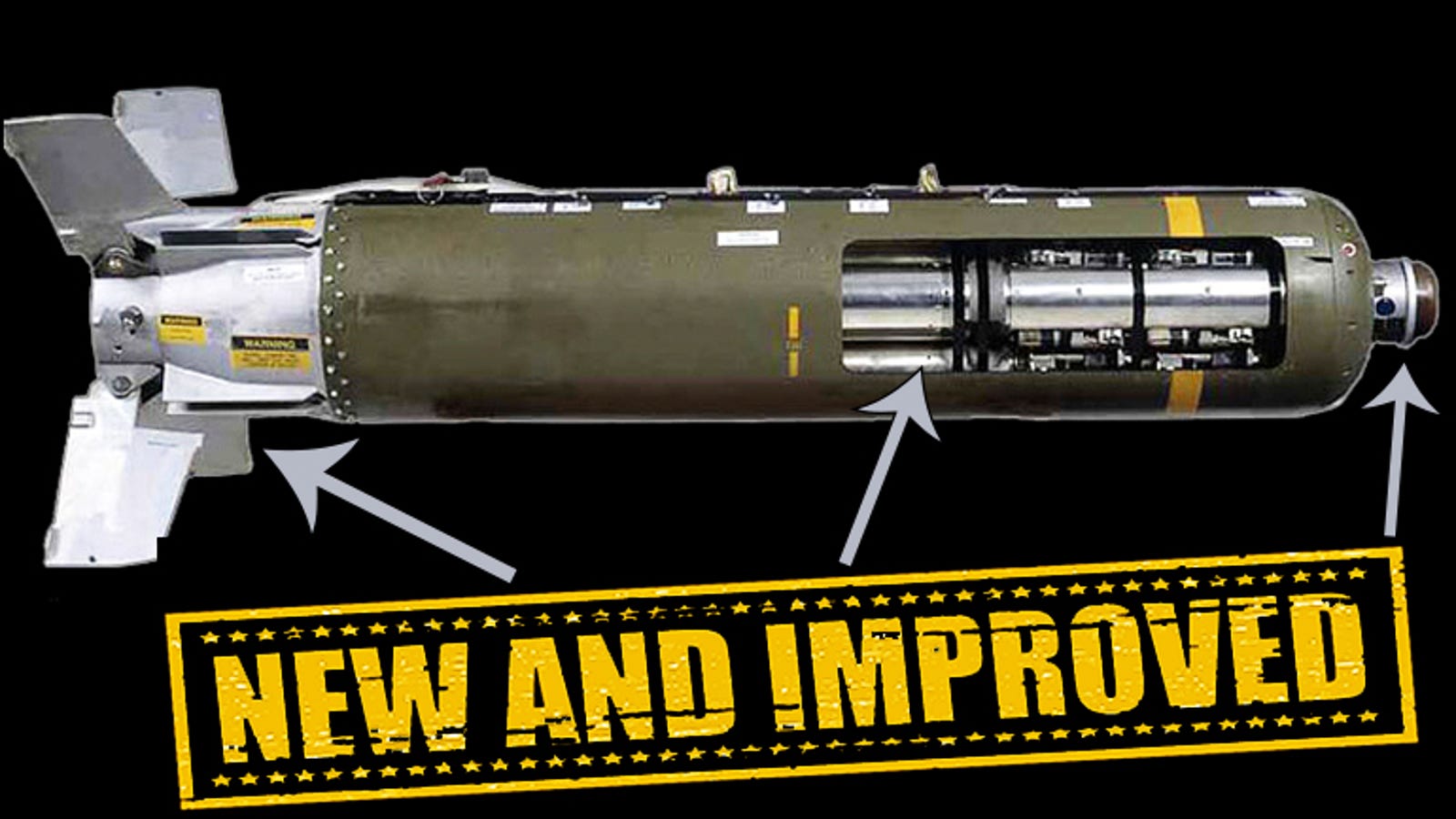
House Votes Down Amendment to
Block Cluster Bomb Shipments to Ukraine
Dave DeCamp / Antiwar.com
(July 13, 2023) — The House on Thursday night voted down an amendment to the 2024 National Defense Authorization Act that would have prohibited the transfer of cluster munitions to Ukraine.
The amendment was led by Rep. Marjorie Taylor Greene (R-GA) and failed in a vote of 147-276. The amendment received support from 98 Republicans and 49 Democrats.
The night before the vote, Republicans on the House Rules Committee voted down the original amendment relating to cluster bombs that would have banned the export of the controversial munition to all nations, not just Ukraine, which had bipartisan co-sponsors. The Republicans then added the narrowed-down Greene amendment, which was less likely to get Democratic support.
Narrowing the amendment to Ukraine made it more of a vote against military aid for Ukraine rather than a vote against cluster bombs, and there’s been virtually no dissent from Democrats on President Biden’s Ukraine policy.
Even if the amendment passed, it wouldn’t have blocked current shipments of cluster bombs as they have already started arriving in Ukraine, and the NDAA still has a long way to go before it becomes law. Both the House and the Senate need to pass their versions, and then the two chambers have to negotiate the finalized version.
The House also voted down amendments put forward by Greene and Rep. Matt Gaetz (R-FL) to reduce funding for Ukraine. One amendment from Greene would have cut $300 million in military aid for Ukraine that’s packed into the $886 billion NDAA, but it failed in a vote of 89-341.
Gaetz put forward an amendment to cut off all military assistance for Ukraine. The measure failed in a vote of 70-358, with only Republicans voting in favor.
Banned US Cluster Bombs Arrive in Ukraine
As US Ships Them Direct from Stockpiles
Dave DeCamp / Antiwar.com
(July 13, 2023) — A Ukrainian general told CNN on Thursday that Ukraine has received a shipment of US cluster bombs, controversial munitions that have a devastating impact on civilians.
“We just got them, we haven’t used them yet, but they can radically change the situation on the battlefield,” Gen. Oleksandr Tarnavskyi said.
The Biden administration announced last week that it was sending Ukraine cluster munitions in the form of 155mm artillery shells as part of an $800 million weapons package.
It’s not clear how many have arrived in Ukraine so far, but Pentagon officials have said they will provide “hundreds of thousands” of rounds.
The cluster munitions are being provided using the Presidential Drawdown Authority, which allows President Biden to ship Ukraine weapons directly from US military stockpiles.
Cluster bombs scatter small submunitions over large areas, making them especially hazardous for civilians. Submunitions that don’t explode immediately on impact can kill or maim civilians for decades to come, as they have in Vietnam, Cambodia, and Laos, where the US dropped hundreds of millions of bomblets during the Vietnam War.
Because of their indiscriminate nature, cluster bombs have been banned by over 100 countries. But the US, Ukraine, and Russia are not signatories to the treaty, known as the Convention on Cluster Munitions.
The Biden administration has defended arming Kyiv with the brutal weapons by saying both the US and Ukraine are running out of conventional artillery ammunition. Secretary of State Antony Blinken said Ukraine would be “defenseless” without cluster bombs.
The administration’s rhetoric on cluster munitions has radically changed since the beginning of the war. On February 28, 2022, the White House said the use of cluster bombs in the Ukraine war would be a “potential war crime.”
Posted in accordance with Title 17, Section 107, US Code, for noncommercial, educational purposes.